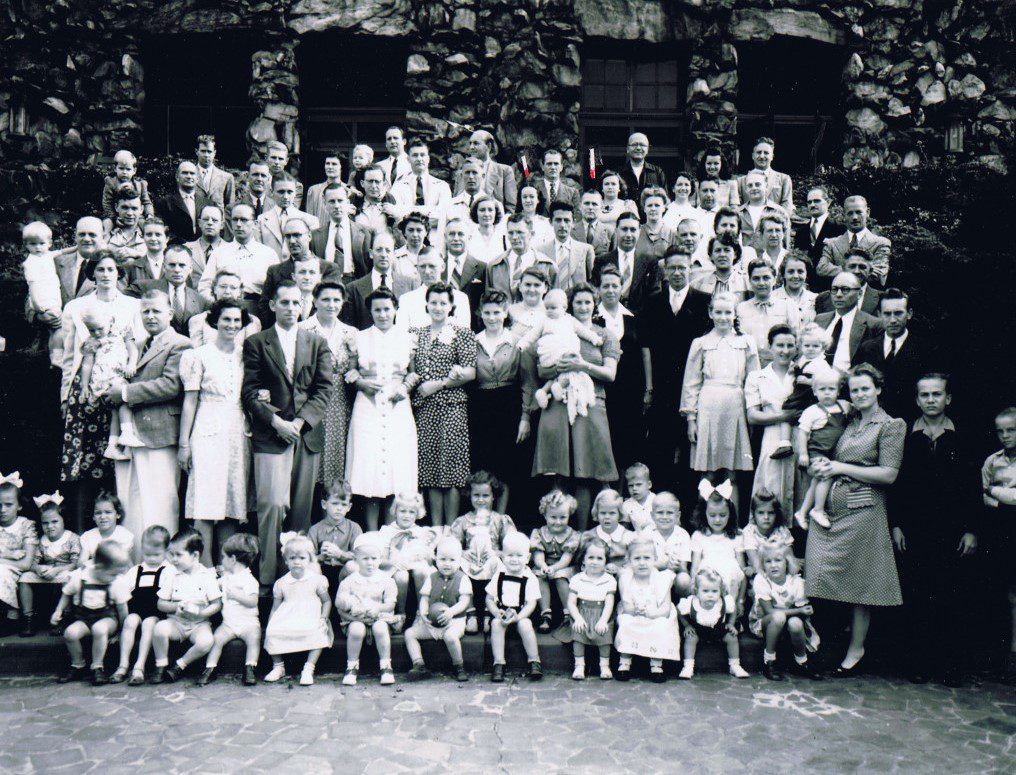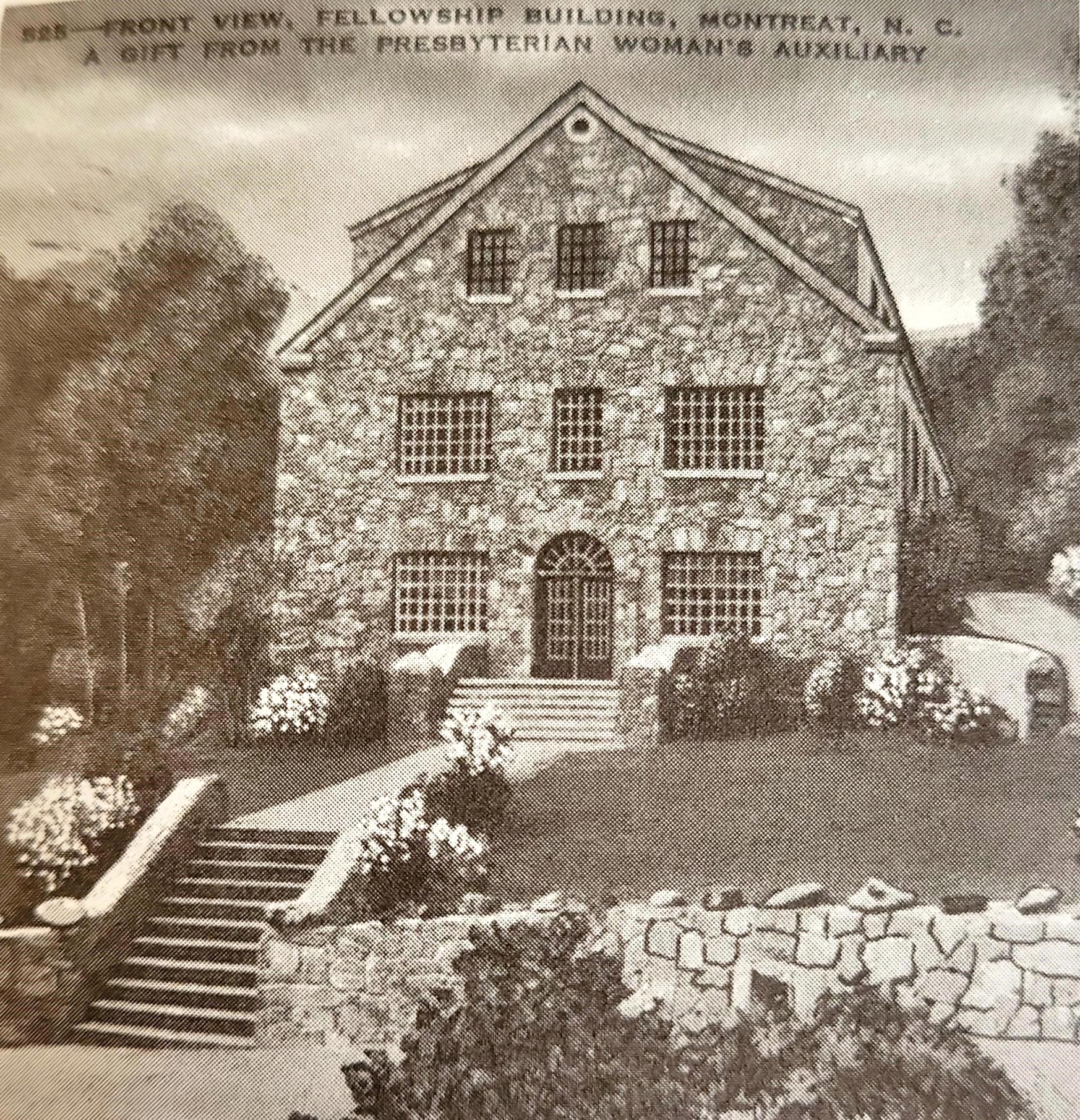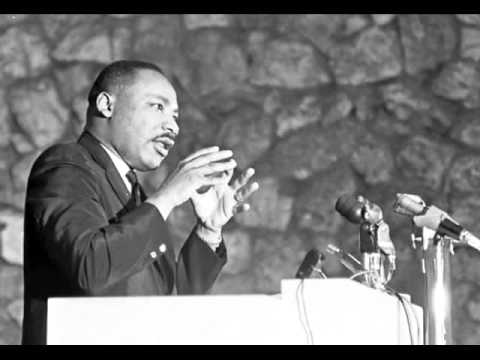Montreat's History
Montreat, first envisioned in 1897 by the Rev. John C. Collins, has a rich and storied history. For over 120 years, we have been a place set apart for those who journey here seeking a closer relationship with their Creator. Through years of growth and change, we continue to provide space for individuals and groups to encounter God.
As we continue to learn about and grow from our history, we strive to be a positive force for change in our present and future.
A brief timeline of Montreat’s history is below, along with links to additional information on specific topics from its past.
Please send additional, relevant source material or history about Montreat Conference Center to history@montreat.org.
On WWII and Detainment

Between October 1942 and April 1943, the US State Department contracted with the Mountain Retreat Association (MRA) to house two hundred sixty-four detainees in Assembly Inn as part of a State Department program to exchange German and Japanese diplomats, businesspeople, and their families for US expatriates held in Axis countries. The “Special War Problems" division of the State Department detained German and Japanese citizens as well as some American citizens (the latter group primarily composed of children of the first two groups).
On Segregation

Reverend Dr. Martin Luther King Jr.’s Visit to Montreat

The Reverend Dr. Martin Luther King Jr.’s address to the 1965 Christian Action Conference in Montreat is one of the most celebrated events in the Montreat’s history, serving as a focal point in that era’s conversations on race relations in the church and in American life. Dr. King’s visit to the Anderson Auditorium stage is often cited with honor and pride and its importance remains a focus of conversation, speculation, and questions to this day.
